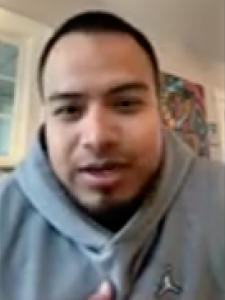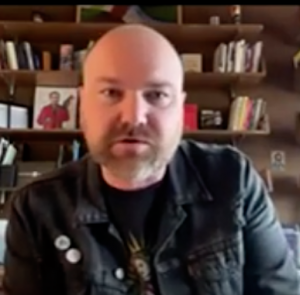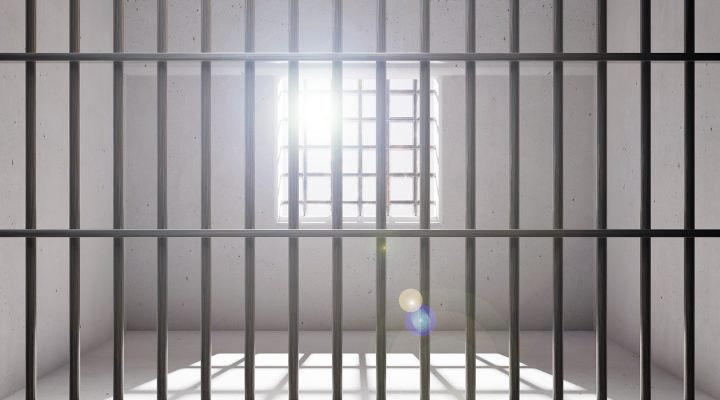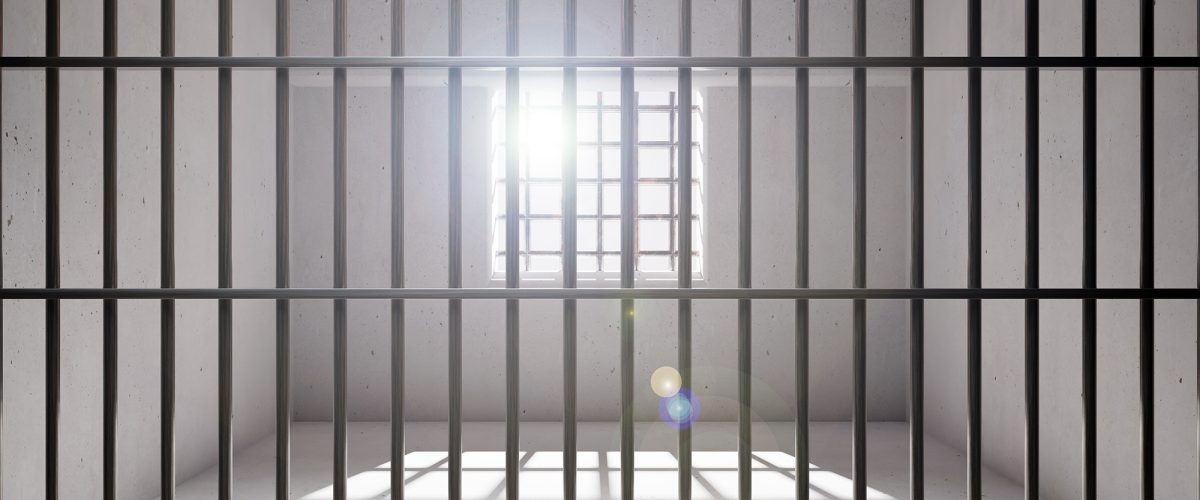Antonio Gomez was stunned when members of a Seattle church he didn’t know cared for his family while he was in prison and supported him when immigration agents detained him moments after his 2022 release.
Stepping so quickly from incarceration into several months of detention and possible deportation would have been unbearable without the backing of the congregation, Gomez said during a recent episode of “In the Movement,” a webinar hosted by Equal Justice USA’s Evangelical Network.

Antonio Gomez
Immigration and Customs Enforcement “kept me in isolation, but I never stopped getting cards that said, ‘We’re praying for you’ and ‘We can’t wait for you to be out here. We’ll be waiting for you.’ I got cards from 7-year-olds who go to church,” Gomez said.
The relationship between Gomez and the church, which was not identified during the webinar, was arranged by One Parish One Prisoner, a prisoner reentry program operated by Underground Ministries in Washington state.
Its strategy is to train seven to 10 people in a congregation, including the pastor, in topics such as trauma healing, release planning, relationship building and letter writing to provide holistic reentry for an inmate, said Chris Hoke, executive director of Underground Ministries.
The program’s name derives from the number of churches in Washington being roughly equal to the number of men and women in the state’s prison systems, he explained, while its theology and goals are steeped in the language of resurrection.

Chris Hoke
“That’s our narrative schema for relationship — rolling away structural barriers, unbinding one another, approaching the tombs and community participation in resurrection as a practice.”
The purpose of One Parish One Prisoner does not include getting former inmates to come to church, he added. “The ecclesia is the movement, and the movement that Jesus founded invites people out of both the tombs and the temple. And as we exit both of those and come together, that’s the ecclesia, that’s the movement.”
The Gospel figure of Lazarus fits prominently in the process by helping participants avoid feeling like saviors responsible for ensuring optimal outcomes, he said. “The Lazarus story is really helpful because that team doesn’t save Lazarus. Jesus is the divine author at ground level directing something that is not only bringing out Lazarus, but restoring and involving the community, inviting them out of their own bondage.”
To underscore the concept, Underground Ministries launched the Lazarus Challenge, which leads congregations through an inventory to gauge interest in reentry ministry. Participants are asked if they personally know someone who is incarcerated and whether they or someone they know have been the victims of crime, addiction or other traumas.
“A lot of the times, there are people with a family member, a loved one, a neighbor, an ex who’s locked up, and I’m hoping they will bring that relationship to pastoral leadership and say, ‘Here’s a place to start.’”
“Everyone has had their hearts broken and their worldview rocked and their sense of comfort really put upside down.”
Often the next step is overcoming fears some church teams harbor about inmates and the safety of volunteers and church facilities, he said. “We have launched 62 teams, and no one on any team or any church has had their home or church broken into. No one’s had identity theft. No one’s had even a pencil stolen. But everyone has had their hearts broken and their worldview rocked and their sense of comfort really put upside down.”
Gomez said he, too, harbored uncertainties about signing up for the One Parish One Prisoner program while still serving time. Mainly, he doubted it would accomplish much. He remembered thinking, “This is just something else that isn’t going to go anywhere.”
But it wasn’t long before the team started bringing his son and mother to the prison for visitation. “This helped me with my connection with my family while I was behind bars, and when COVID hit, they would drop off groceries outside my son’s place. It was unreal.”
The group also raised $11,000 to pay Gomez’ outstanding court costs and arranged employment, clothing and living arrangements upon his release.
“I was like, ‘You guys are doing this for me? That’s amazing.’ I’ve never felt that kind of love and support from people I’ve just met through letters or over the phone or through a screen. And now I’m happy to call these guys my friends and my family.”


